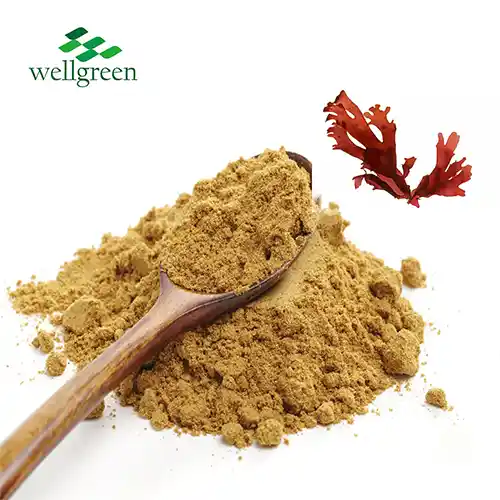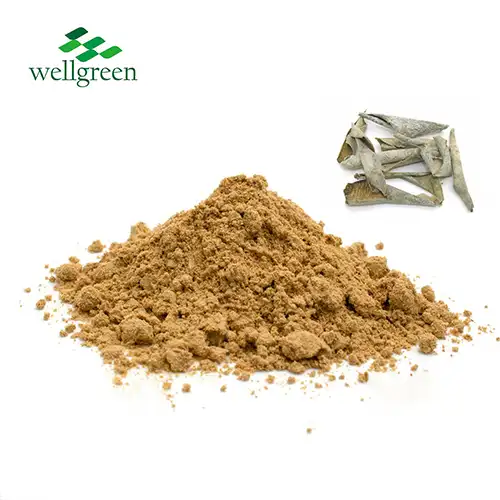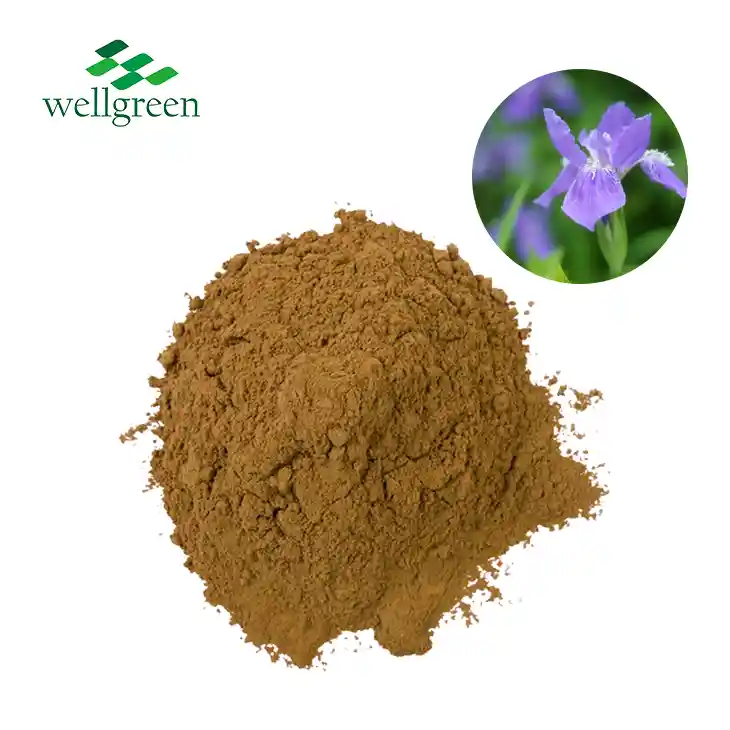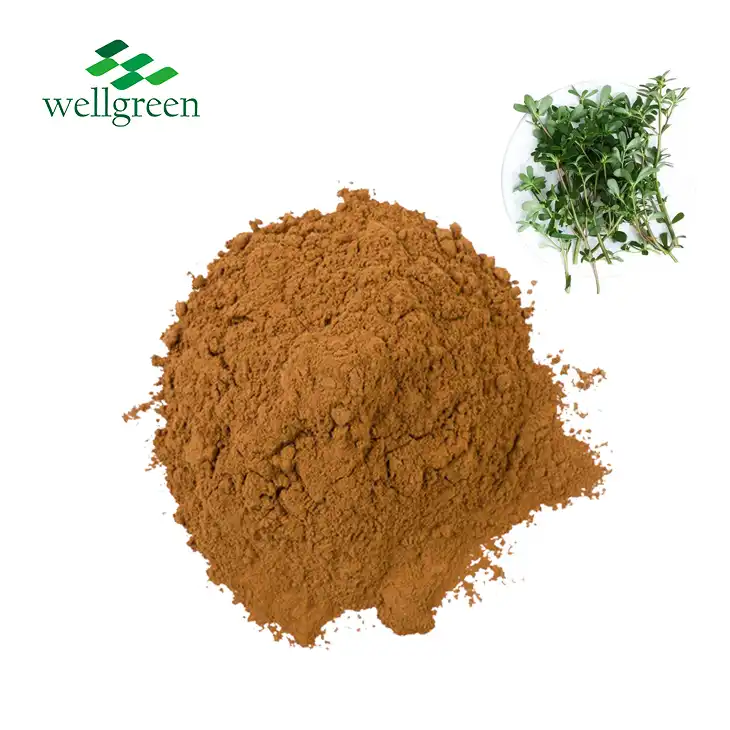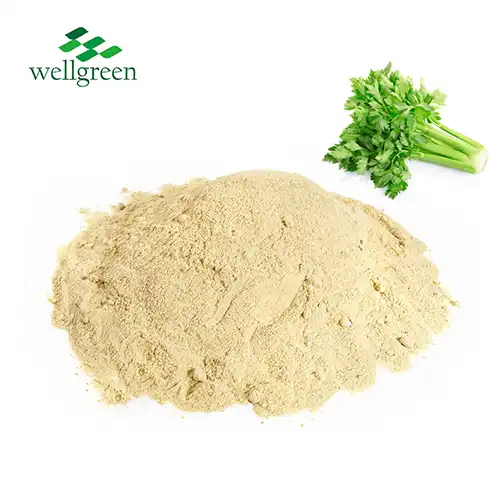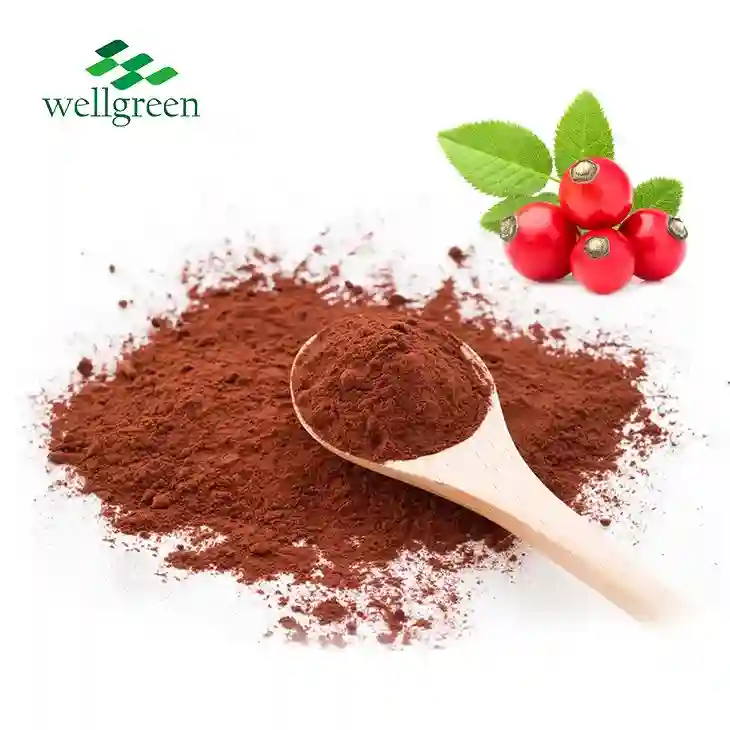What Are the Potential Side Effects of Elderberry Extract?
2025-09-11 15:12:44
Elderberry extract, derived from the Sambucus plant, is a popular natural remedy known for its immune-boosting properties. While generally considered safe for most people, it's important to be aware of potential side effects. Common adverse reactions to elderberry extract may include mild gastrointestinal discomfort, such as nausea or diarrhea. In rare cases, allergic reactions can occur. It's crucial to note that unripe or raw elderberries contain toxic compounds that can cause severe symptoms, so only properly prepared extracts should be consumed. As with any supplement, it's advisable to consult with a healthcare professional before incorporating elderberry extract into your routine, especially if you have pre-existing health conditions or are taking medications.

Reported Adverse Reactions and Risks
Gastrointestinal Disturbances
One of the most commonly reported side effects of elderberry extract is gastrointestinal discomfort. Some individuals may experience mild stomach upset, nausea, or diarrhea after consuming elderberry products. These symptoms are typically mild and transient, often resolving on their own. To minimize the risk of digestive issues, it's advisable to start with a lower dose and gradually increase it as tolerated.
Allergic Reactions
While rare, allergic reactions to elderberry extract can occur. Symptoms may include itching, swelling, hives, or difficulty breathing. Individuals with known allergies to plants in the Caprifoliaceae family should exercise caution when considering elderberry supplementation. If you experience any signs of an allergic reaction, discontinue use immediately and seek medical attention.
Interactions with Medications
Sambucus elderberry extract may interact with certain medications, potentially affecting their efficacy or increasing the risk of side effects. For instance, elderberry's immune-stimulating properties could theoretically interfere with immunosuppressant drugs. Additionally, elderberry may enhance the effects of diuretics and diabetes medications, potentially leading to electrolyte imbalances or hypoglycemia. It's crucial to consult with a healthcare provider before using elderberry extract alongside any prescription medications.
Safety in Different Populations
Pregnant and Breastfeeding Women
The safety of elderberry extract during pregnancy and breastfeeding remains uncertain due to limited research. While traditional use suggests it may be safe, pregnant and lactating women should exercise caution and consult their healthcare provider before using elderberry products. Some experts recommend avoiding elderberry supplements during these periods to err on the side of caution.
Children and Adolescents
Elderberry extract is generally considered safe for children when used in appropriate doses. However, it's essential to choose products specifically formulated for pediatric use and follow dosage instructions carefully. Parents should be aware that children may be more sensitive to potential side effects and should monitor their response closely. As with adults, raw or unripe sambucus elderberry extract should never be given to children due to its toxicity.
Elderly Individuals
Older adults may benefit from the immune-supporting properties of elderberry extract, but they should also be mindful of potential risks. Age-related changes in metabolism and kidney function can affect how the body processes supplements. Elderly individuals often take multiple medications, increasing the likelihood of drug interactions. It's advisable for seniors to consult with their healthcare provider before adding elderberry extract to their regimen, especially if they have chronic health conditions.

Guidelines for Safe Use and Dosage
Recommended Dosage
Determining the optimal dosage of elderberry extract can be challenging due to variations in product formulations and individual needs. Generally, for adults, a typical dose ranges from 150 to 300 mg of elderberry extract taken twice daily. Some studies have used higher doses of up to 1200 mg per day for short-term use during illness. It's crucial to follow the manufacturer's recommendations or consult with a healthcare professional for personalized dosing advice. Start with the lowest effective dose and increase gradually if needed, while monitoring for any adverse effects.
Quality and Sourcing
The safety and efficacy of sambucus extract largely depend on the quality of the product. Choose supplements from reputable manufacturers that adhere to Good Manufacturing Practices (GMP). Look for standardized extracts that specify the concentration of active compounds, such as anthocyanins. Third-party testing for purity and potency can provide additional assurance. Be wary of products that make exaggerated health claims or lack proper labeling information. When possible, opt for organic sambucus extracts to minimize exposure to pesticides and other contaminants.
Duration of Use
While elderberry extract is generally safe for short-term use, the long-term safety profile is less well-established. Many experts recommend using elderberry extract for no more than 12 weeks continuously. For immune support during cold and flu season, some individuals choose to take elderberry extract daily for several weeks or months. Others prefer to use it only at the onset of symptoms or during periods of increased susceptibility. If you plan to use elderberry extract for an extended period, it's advisable to consult with a healthcare provider and take occasional breaks to assess its continued necessity and effectiveness.
Conclusion
Elderberry extract offers potential health benefits, particularly for immune support. However, like any supplement, it's not without risks. By understanding the potential side effects, considering individual health factors, and following safe usage guidelines, most people can incorporate elderberry extract into their wellness routine with minimal concerns. Always prioritize quality products, adhere to recommended dosages, and consult healthcare professionals when in doubt. With proper precautions, elderberry extract can be a valuable addition to a comprehensive approach to health and well-being.
Contact Us
For high-quality elderberry extract and elderberry extract for sale, as well as expert guidance on its use, contact Xi'an Wellgreen at wgt@allwellcn.com. Our team is dedicated to providing premium plant extracts and natural organic powders to support your health goals.
References
1. Hawkins, J., Baker, C., Cherry, L., & Dunne, E. (2019). Black elderberry (Sambucus nigra) supplementation effectively treats upper respiratory symptoms: A meta-analysis of randomized, controlled clinical trials. Complementary Therapies in Medicine, 42, 361-365.
2. Wieland, L. S., Piechotta, V., Feinberg, T., Ludeman, E., Hutton, B., Kanji, S., ... & Garritty, C. (2021). Elderberry for prevention and treatment of viral respiratory illnesses: a systematic review. BMC complementary medicine and therapies, 21(1), 1-15.
3. Ulbricht, C., Basch, E., Cheung, L., Goldberg, H., Hammerness, P., Isaac, R., ... & Weissner, W. (2014). An evidence-based systematic review of elderberry and elderflower (Sambucus nigra) by the Natural Standard Research Collaboration. Journal of dietary supplements, 11(1), 80-120.
4. Krawitz, C., Mraheil, M. A., Stein, M., Imirzalioglu, C., Domann, E., Pleschka, S., & Hain, T. (2011). Inhibitory activity of a standardized elderberry liquid extract against clinically-relevant human respiratory bacterial pathogens and influenza A and B viruses. BMC complementary and alternative medicine, 11(1), 1-6.
5. Tiralongo, E., Wee, S. S., & Lea, R. A. (2016). Elderberry supplementation reduces cold duration and symptoms in air-travellers: A randomized, double-blind placebo-controlled clinical trial. Nutrients, 8(4), 182.
6. Porter, R. S., & Bode, R. F. (2017). A review of the antiviral properties of black elder (Sambucus nigra L.) products. Phytotherapy Research, 31(4), 533-554.

